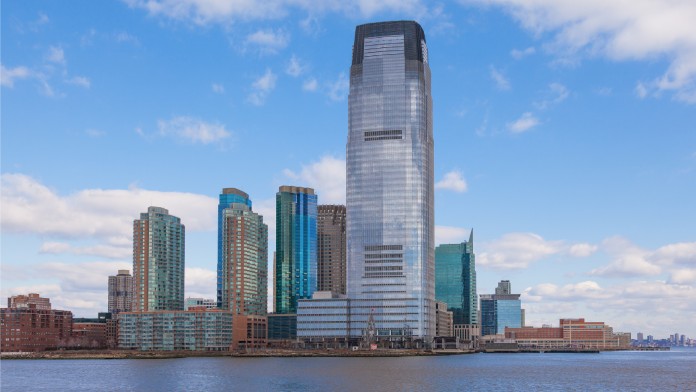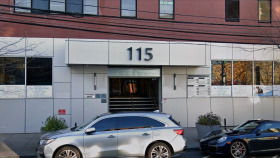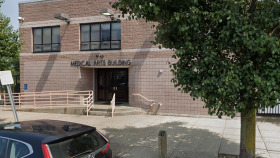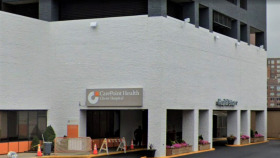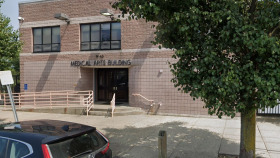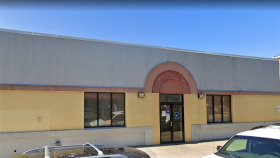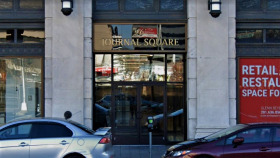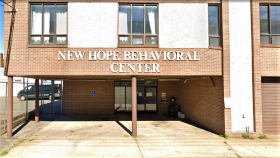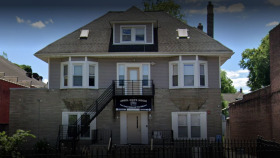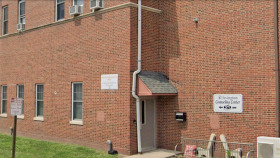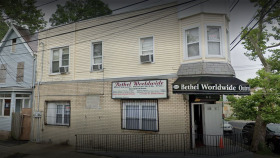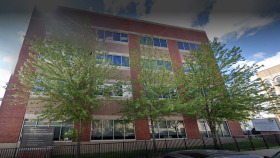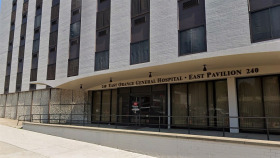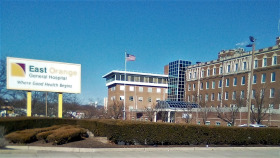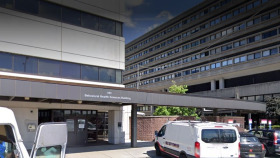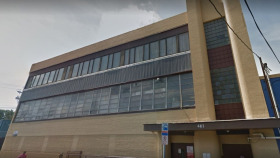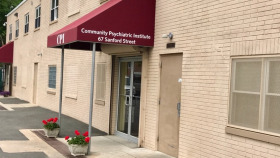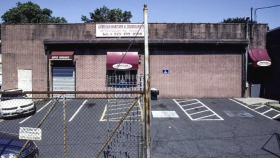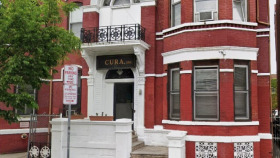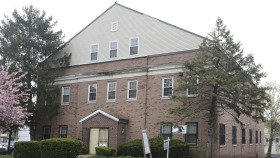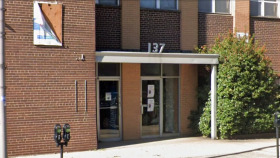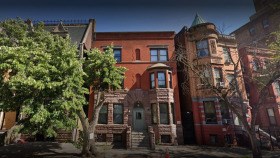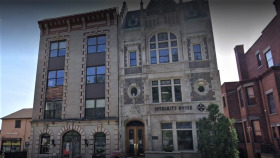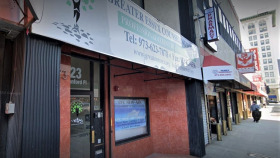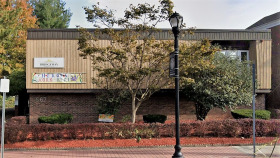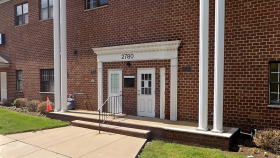Expert Insights
Every year, the New Jersey Governor’s Council on Alcoholism and Drug Abuse (GCADA) hands out $10 million through its Alliance program, which is made up of 400 groups in over 530 municipalities, making it the largest community-based anti-addiction coalition in the United States. And Jersey City will receive a portion of that grant money to support continued efforts to fight local substance abuse. Jersey City’s Hudson County will get $76,500 in funding to address the issues surrounding alcohol and drug abuse within the community. These grants are often essential in keeping successful local programs up and running.
~ Rita Milios
How Expensive is Drug Rehab in Jersey City?
The cost of drug and alcohol rehab in Jersey City can vary, depending on what type of care you’re looking for, your location, and what insurance coverage you have to help pay for it.
Other factors include high-quality amenities such as fitness centers and spas, state-of-the-art medical technologies like brain scans to help plot and observe the course of treatment, and luxury accommodations.
How Does Jersey City Compare in Alcohol and Drug Use?
Facing the Hudson River, Jersey City is a gorgeous town on New Jersey’s Eastern seaboard. Unfortunately, the city has seen rising drug overdose rates and other issues related to substance abuse. A 2019 community survey cites access to addiction treatment as one of the top four issues facing residents.
If you or a loved one is battling substance abuse or addiction, know that there is help within reach. There are more than 450 accredited alcohol and drug rehab centers in Jersey City and the surrounding area that can help put you on the path to recovery.
According to the CDC, about 12% of deaths in Hudson County, the seat of the city, can be attributed to drug overdoses. Here are some more statistics from Jersey City and Hudson County:
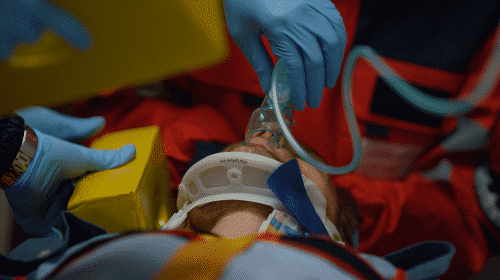
In 2019, one in 10 residents reported misusing substances.

In 2016, the county had a slightly higher substance use treatment admission rate among all ages than the rest of New Jersey.
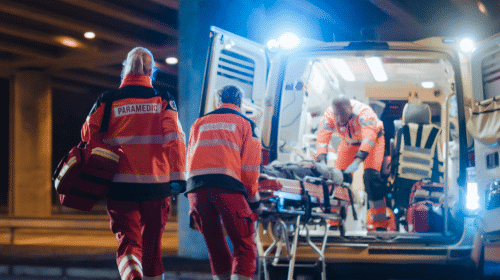
The rate of accidental drug overdose deaths rose 63% between 2016 and 2020.
As a result of the rising substance abuse problem, there are multiple Jersey City drug rehabs to help those who have been affected.
Drug and Alcohol Laws in New Jersey
New Jersey Earned Sick Leave Law: The Earned Sick Leave law in New Jersey offers paid medical leave to full and part-time workers in the state. Employees can earn up to 40 hours per year to be used to pursue medical and mental health treatment. This rule doesn’t apply to independent contractors, state employees who have fully paid leave benefits, per diem healthcare workers, or those in a construction union contract.
New Jersey Overdose Prevention Act (Good Samaritan Law): The Overdose Prevention Act protects people from being prosecuted for various drug-related charges when they call 911 to seek assistance for a drug overdose. This bill is designed to encourage people to reach out to emergency services, even if they may have or have used a controlled substance themselves.
If you or someone you love has a problem with addiction to illicit substances, look for accredited alcohol or drug rehab centers in Jersey City to get the help you need.
Resources
- Opioid, Substance Use, And Addiction Services | Durham County – NC – Public Health. (n.d.). Www.dcopublichealth.org.
- North Carolina Department of Health and Human Services. (2022). Durham County Opioid Overdose Emergency Department Visits.
- Durham County Department of Public Health. (2021, March). Durham County Community Health Assessment 2020.
- North Carolina Department of Health & Human Services. (2022). Opioid and Substance Use Action Plan Data Dashboard.
- U.S. Department of Health and Human Services. (n.d.). North Carolina Medicaid Program.

